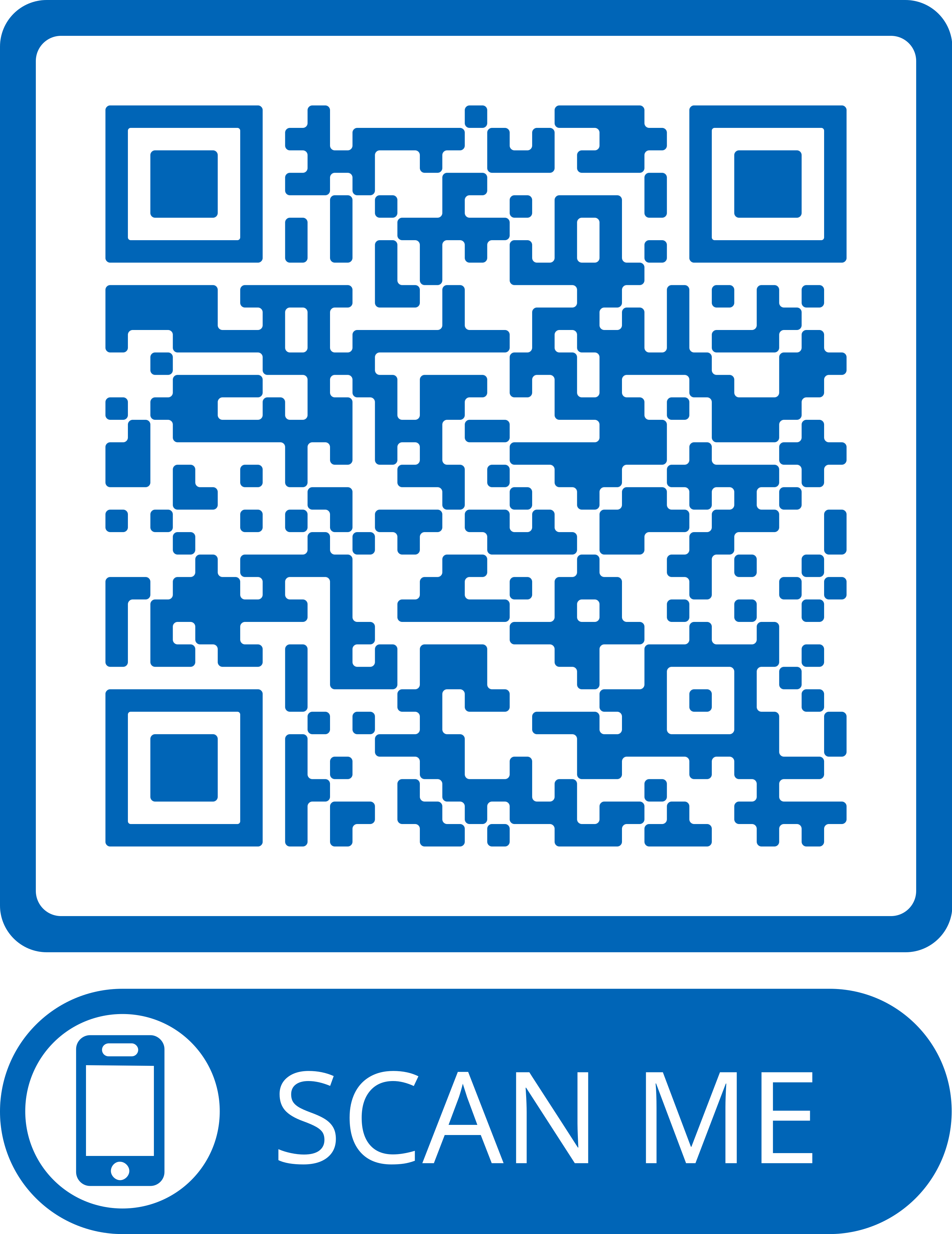- Reference Number: HEY1095/2025
- Departments: Haematology, Oncology (Cancer Services)
- Last Updated: 30 April 2025
Introduction
This leaflet has been produced to give you general information. Most of your questions should be answered by this leaflet. It is not intended to replace the discussion between you and the healthcare team but may act as a starting point for discussion. If after reading it you have any concerns or require further explanation, please discuss this with a member of the healthcare team.
The early ward discharge is a clinic that takes place within the Outpatient department of the Queens Centre, Castle Hill Hospital. It is a clinic that is run by doctors and nurses.
There is a separate waiting area in the clinic specifically for patients who are attending this clinic.
Once you have completed your chemotherapy the doctors and nurses will check that you no longer need to stay in hospital and that you are well enough to cope at home.
How do we decide if it is safe for you to be at home?
The doctors and nurses will look carefully at very specific things. This includes how far you live from Castle Hill Hospital, whether you live with someone who is able to support you after chemotherapy, how well your kidney and liver are working and whether you are currently being treated for infection.
In order to be discharged and monitored on the early ward discharge programme you must agree to attend the clinic at least 3 times a week and have immediate access to transport. The hospital will NOT be able to provide transport for you to attend these clinics.
What will happen when you go home?
We know that the chemotherapy will affect your general well-being as well as your blood counts. Though you may be well enough to go home the risk of infection is still there.
- You will need to continue the dietary restrictions and avoid activities that put you at risk of infection.
- Whilst at home you and your carer must be watchful for signs of infection and in this case contact the Haematology Department urgently.
- You will need blood product support (red cells and platelet transfusions) and may require re-admission for symptom control or infection.
You can contact the department on tel: 01482 468888 or out of hours call tel: 01482 875875 and ask for bleep 500.
Follow up
You will be seen in the clinic 3 times per week (Mondays, Wednesdays and Fridays) and blood tests will be done so that we can give you whatever blood products you need and make sure that you remain well enough to be at home.
We will check your observations (blood pressure, pulse respirations and temperature, bloods will be obtained peripherally or via your skin tunnel catheter/PICC), the results will be reviewed and blood products given thereafter. This means you will need to remain in the Queen’s Centre for this entire time until you have completed any treatment that is required.
If you are found to be unwell or we find any abnormalities in your blood tests that suggest you need to remain in hospital you will be admitted to Ward 33 for ongoing treatment.
What to do if you are unwell at home
When you are discharged you should follow the advice given for monitoring your temperature as well as being watchful for any signs that you may be unwell.
Contact numbers for the Haematology department are:
Monday to Friday 7am to 7pm
Chemotherapy Assessment Unit
Telephone Number tel: 01482 468888
Outside of these hours contact the hospital switchboard on tel: 01482 875 875 and ask for the bleep 500.
Concerns and queries
If you have any concerns/queries about any of the services offered by the Trust, in the first instance, please speak to the person providing your care.
Alternatively, you can contact – the Patient Advice and Liaison Service (PALS) on tel: 01482 623065.
You can also email the PALS team on email: pals.mailbox@hey.nhs.uk

